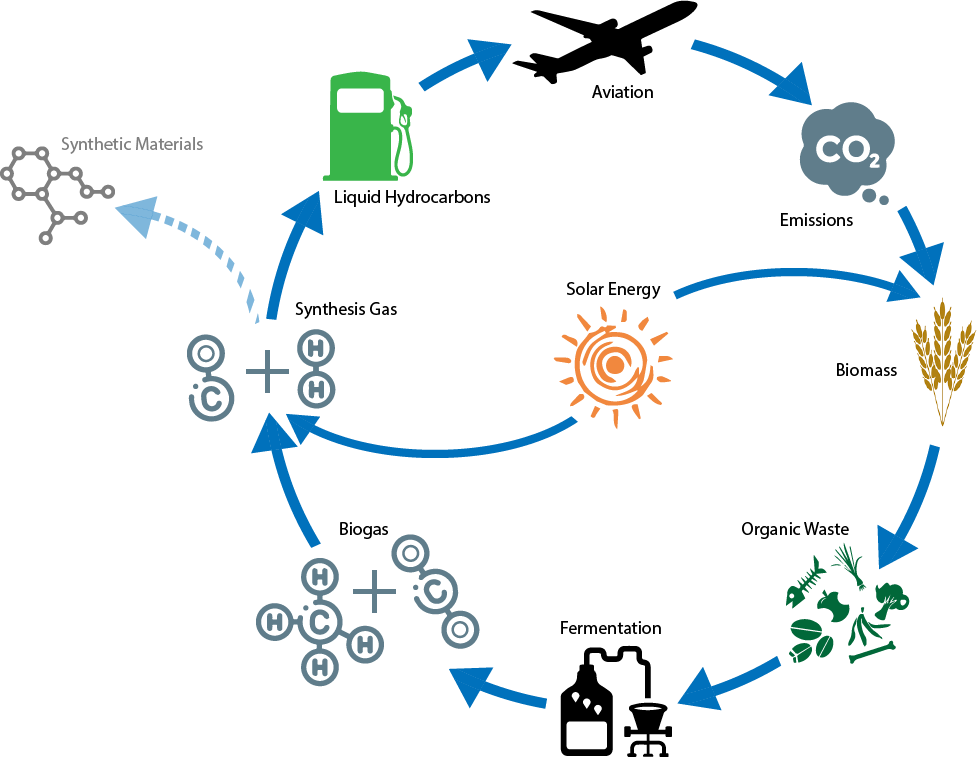Story by Vivienne Wells.
–
The use of space-based technologies will add billions to agricultural productivity and improve the efficiency of rural industries, but the cost of space flight can have an impact on future sustainability goals. Whilst the world is currently facing challenges in transitioning all energy use away from fossil fuels, flight vehicles face unique barriers to decarbonisation.
A green grid and electric vehicles (EVs) are seen as the path forward for surface passenger vehicles, but current electric propulsion systems do not provide adequate thrust for commercial flight or orbital launch.
The use of hydrogen as a zero-emissions fuel is a promising potential, but the technical challenges associated with hydrogen as a combustion fuel have seen commercial launch companies such as Spacex continue to use fossil fuels, including kerosene. Thus, the industry needs green alternatives to fossil fuels that offer the same energy density without the technical difficulties of the extreme cold needed for liquid hydrogen fuels.
An unassuming source of these high-performance fuels may be agricultural wastes. Many agricultural production systems produce biomass and biogas as waste by-products, but by harnessing the power of the sun in solar thermal reactors, these waste products can be turned into ‘drop-in’ fuels with net zero emissions.
Biomass consists of solid hydrocarbons, which, when heated under carbon dioxide (CO2) or steam atmospheres, can produce a mixture of hydrogen and carbon monoxide (CO) called synthesis gas (syngas). In a similar way, methane in biogas can be reacted with CO2 or steam to also obtain syngas. This mixture, whilst able to be used as a source of renewable hydrogen, is also the feedstock to the Fischer-Tropsch synthesis, which is able to produce liquid hydrocarbon fuels like kerosene.
When created this way, the fuels are carbon neutral, as the carbon is cycled through the atmosphere, plant growth and human activity, as shown in the diagram below where methane in biogas is reformed to make jet fuel. These fuels could be the vital stepping stone for many technologies between current fossil-fuel use and zero-emission hydrogen propulsion set to dominate in the future, as being a drop-in fuel they require no changes to the current transport systems.

CEAT is currently undertaking research to determine the potential of harvesting agricultural wastes for these processes, and producer’s abilities to access a range of renewable product markets to diversify their income streams. This is accompanied with current engineering research being undertaken at ANU to solve the technological challenges of solar thermal reactors to make the production of these fuels viable in commercial quantities.
Space-based technologies are changing the way we undertake primary production, but by improving the ways that we manage the by-products of our consumption, we can make space-based technologies more sustainable for the future.
